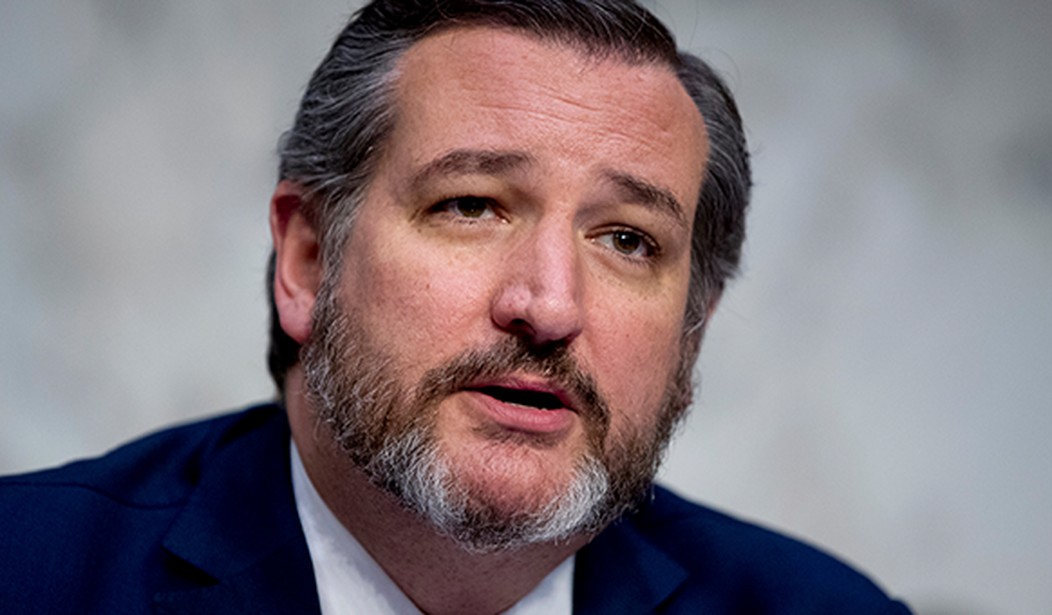Earlier this week, President Trump signed an executive order calling for social media companies to be stripped of their “liability shield” if they engage in censorship or political content.
“Today, I am signing an Executive Order to protect and uphold the free speech and rights of the American people,” Trump declared. “Currently, social media giants like Twitter receive an unprecedented liability shield based on the theory that they’re a neutral platform, which they are not, not an editor with a viewpoint.”
“My executive order calls for new regulations under Section 230 of the Communications Decency Act to make it so that social media companies that engage in censoring or any political conduct will not be able to keep their liability shield. My executive order further instructs the Federal Trade Commission (FTC) to prohibit social media companies from engaging in any deceptive acts or practices regarding commerce.”
Naturally, there has been a lot of debate about this action, and whether Twitter is violating Section 230 of the Communications Decency Act. The mainstream, naturally, is siding against Trump.
“In the same event where the president said Twitter is inappropriately cracking down on free speech, he says he would be willing to shut Twitter down if he could,” claimed Maggie Haberman of the New York Times.
In response to this tweet, CNN’s Jake Tapper said, “He can’t.” This much is true, but this is where Senator Cruz came in to try to explain things.
“Jake, CNN can be sued for defamation. Why should Twitter be immune?” Cruz tweeted.
In response to this tweet, Charles Cooke of National Review rebutted, “But this is false. Twitter is immune from being sued for things that *third parties* say on its website; Twitter is not immune from being sued for things *Twitter* says. This is also true for CNN, which can be sued for its speech, but not its commenters’.”
And then Cruz explained it in black and white:
Ok, Charles, you want a legal debate. Cool.
If you (3rd Party) write an op-ed in NYT & it’s defamatory, NYT can be sued.
If you post identical defamatory op-ed on Twitter or FB, they can’t be sued—that’s sec 230.
Congress did that bc they were “neutral.” Now, they censor. https://t.co/RSoyqjhSj6
— Ted Cruz (@tedcruz) May 29, 2020
Cruz’s point here is that once Twitter gets in the business of curating content, it should be treated just like any other publisher. Cooke, however, persisted, claiming the New York Times can be sued only “if it commissions, reads, edits, and then publishes your op-ed” but not “if you write the same words in its comments section.”
But, Cruz followed up, pointing out that all the New York Times has to do to be liable “is make the editorial judgment to publish” a piece to be liable for its content.
Interesting theory, but false. All NYT has to do to be liable is make the editorial judgment to publish. The rest that you list (commissioning, editing, etc.) are not required.
Big Tech used to be neutral, allowing free speech. Now, they shadow ban & decide what to publish. https://t.co/jkMbMlW0qf
— Ted Cruz (@tedcruz) May 29, 2020
Considering Cruz’s background, I suspect he knows what he’s talking about. Cruz is arguing that Twitter is making an editorial judgment by selectively curating content. Twitter’s bias against conservative content is well documented, and based on that his argument that Twitter should be treated like a publisher and not just a platform. This won’t end the debate, for sure, Cooke continued to argue against Cruz’s assertion, but that is, in a nutshell, the justification. Twitter isn’t simply removing abusive content, they are essentially assuming editorial control over the content published on their site by selectively fact-checking and censoring tweets. Mark Zuckerberg, for his part, seems to understand this.
_____
Matt Margolis is the author of Trumping Obama: How President Trump Saved Us From Barack Obama’s Legacy and the bestselling book The Worst President in History: The Legacy of Barack Obama. You can follow Matt on Twitter @MattMargolis










Join the conversation as a VIP Member